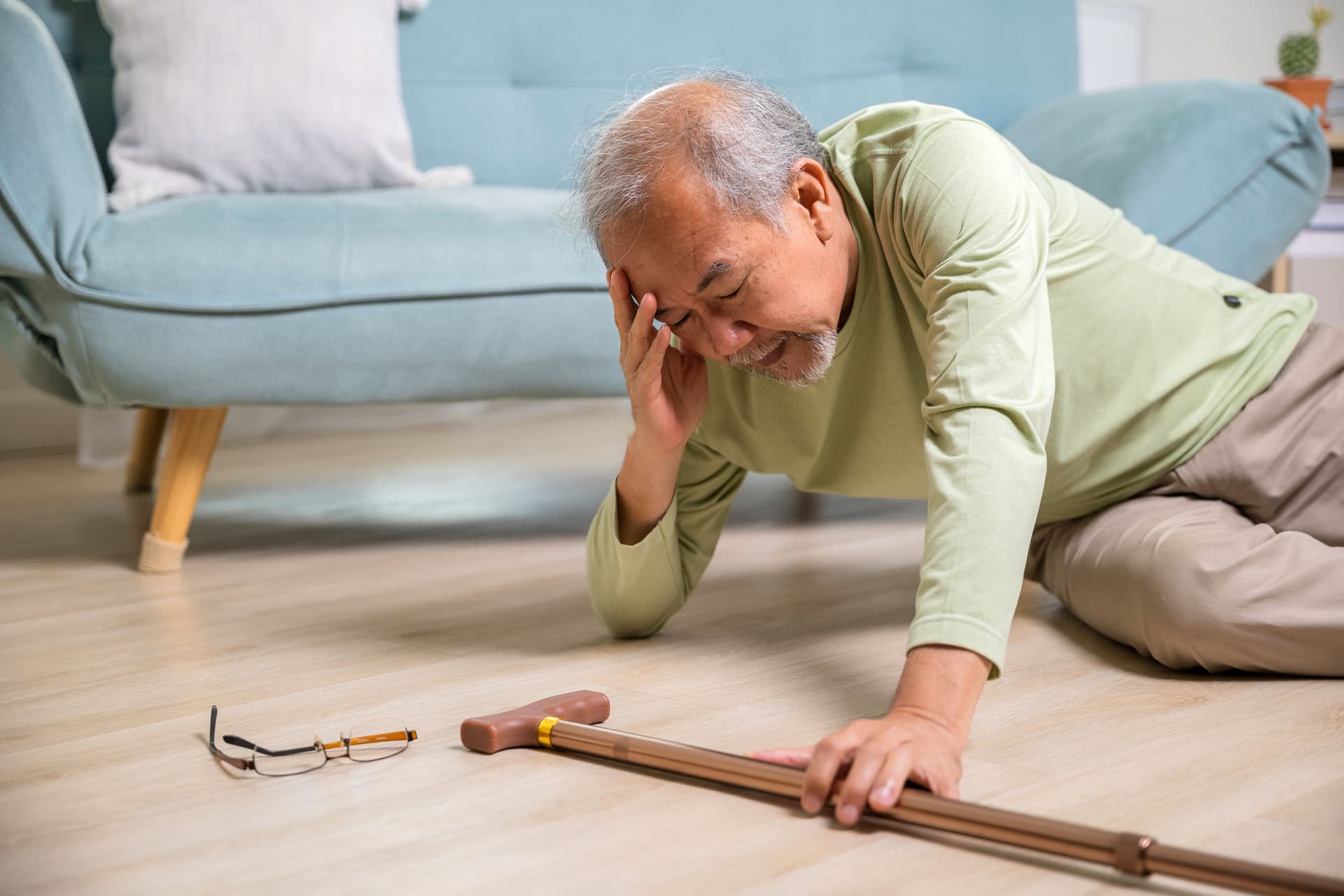
Nursing home abuse and neglect put vulnerable residents at serious risk, leading to malnutrition, dehydration, infections, and preventable injuries. When facilities fail to provide adequate care, residents suffer, and families are left feeling helpless. Lack of supervision, improper medical treatment, and unsafe conditions can result in devastating harm. Understanding the warning signs, knowing your legal rights, and holding negligent facilities accountable are crucial steps in protecting your loved ones. Learn how to take action and seek justice.
October 17, 2025
3 min
Families who entrust a loved one to a nursing home expect professional care, compassion, and safety. But when a facility fails to meet those expectations, the results can be devastating. Negligence in nursing homes can cause serious injuries, emotional trauma, and even wrongful death. In such cases, the law allows families to seek justice through civil liability claims.
Understanding how civil liability works—and what counts as negligence—is essential for anyone whose loved one has been harmed in a long-term care facility. Nursing homes are not exempt from accountability; in fact, they are held to a high legal standard of care. When they fail, families have the right to demand answers and take legal action.
Negligence occurs when a nursing home or its staff fails to provide the level of care required by law, resulting in harm to a resident. This failure can take many forms, from ignoring medical needs to allowing dangerous conditions to persist.
Common examples of nursing home negligence include:
In each case, negligence is not just a mistake—it’s a breach of the facility’s legal duty to protect and care for residents.
Nursing homes have a legal obligation to provide reasonable care consistent with medical and professional standards. Federal regulations under the Nursing Home Reform Act and state laws set minimum requirements for staffing, hygiene, medical attention, and safety.
This duty extends to all areas of operation:
When a facility or staff member fails to meet this duty, and a resident is injured as a result, civil liability may arise.
Many nursing homes employ nurses and aides responsible for medication management and basic medical care. When staff fail to follow doctor’s orders, administer the wrong medication, or ignore signs of distress, it constitutes medical negligence.
Example: A resident with diabetes does not receive insulin as prescribed and suffers severe complications.
Seniors with dementia or limited mobility require close monitoring. Leaving residents unsupervised can lead to falls, wandering, or assaults by other residents.
Example: A memory care patient leaves the facility unnoticed and is injured outside—an entirely preventable tragedy.
Facilities must screen employees for criminal backgrounds and provide adequate training. Hiring unqualified or abusive staff puts residents at risk.
Example: A caregiver with a history of violence is hired without proper checks and later assaults a resident.
Unsafe premises—wet floors, poor lighting, broken equipment—can cause serious accidents. Facilities must maintain safe conditions at all times.
Example: A resident slips on an unmarked wet floor, suffering a hip fracture.
When management ignores complaints or allows abuse to continue, it breaches the core duty of care.
Example: Reports of staff mistreatment are ignored until multiple residents suffer harm.
To succeed in a negligence claim, families must demonstrate four key legal elements:
Each of these elements must be proven through evidence such as medical records, witness testimony, photographs, facility logs, and expert analysis. An experienced attorney can identify and gather this evidence to build a compelling case.
Negligence often leads to serious and sometimes irreversible harm. Common injuries include:

In the most severe cases, negligence can lead to wrongful death, leaving families devastated and searching for answers.
A nursing home can be held civilly liable when its actions—or inaction—cause harm to a resident. Liability may extend to:
Some cases involve systemic negligence, where understaffing or poor policies create unsafe conditions affecting multiple residents. These situations often reveal a broader pattern of misconduct or profit-driven cost-cutting.
Civil lawsuits serve multiple purposes:
Victims of nursing home negligence—or their families—may be entitled to compensation for:
Each case is unique. The goal is not only to recover losses but also to send a message that neglect and abuse will not be tolerated.
If you suspect your loved one’s injury or death resulted from nursing home negligence, take immediate action:
The sooner action is taken, the easier it is to gather evidence and prevent future harm.
Attorney Michael Hill has devoted his career to representing victims of nursing home negligence. His legal team investigates every case thoroughly, uncovering what went wrong and who is responsible.
Michael Hill helps families by:
Michael understands that behind every case is a family seeking justice for someone they love. His mission is to ensure that elderly residents are treated with the dignity and care they deserve—and that those who fail in their duty are held accountable.
Negligence in nursing homes is not just a breach of trust—it is a violation of the law. When facilities cut corners, ignore safety standards, or neglect their residents, they must face the consequences. Civil liability ensures that victims and families have a path to justice, financial recovery, and systemic change.
If you believe your loved one has been harmed by nursing home negligence, you have legal rights. Attorney Michael Hill is committed to helping families uncover the truth, hold negligent facilities accountable, and protect the elderly from future harm. His dedication to justice and compassion for families make him a powerful advocate for seniors’ rights and safety.